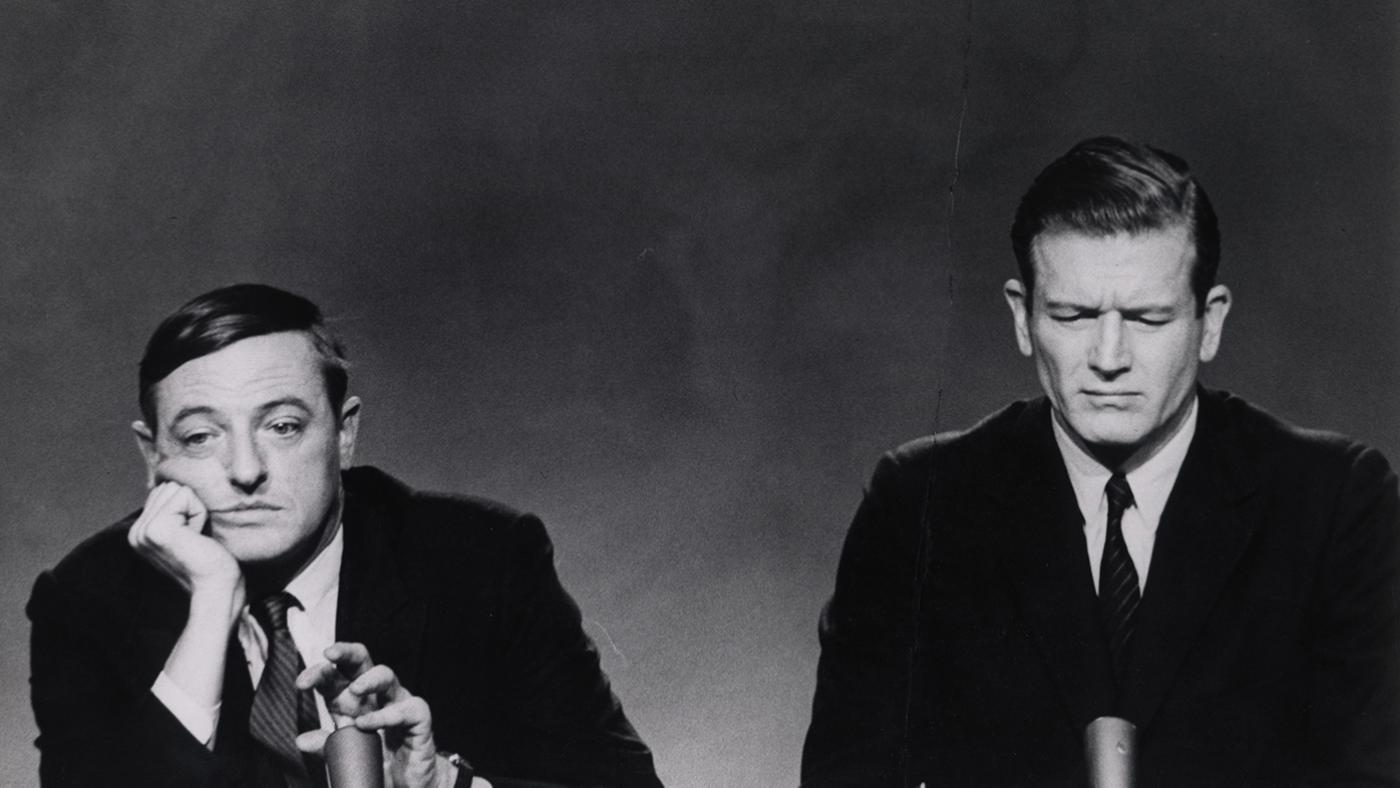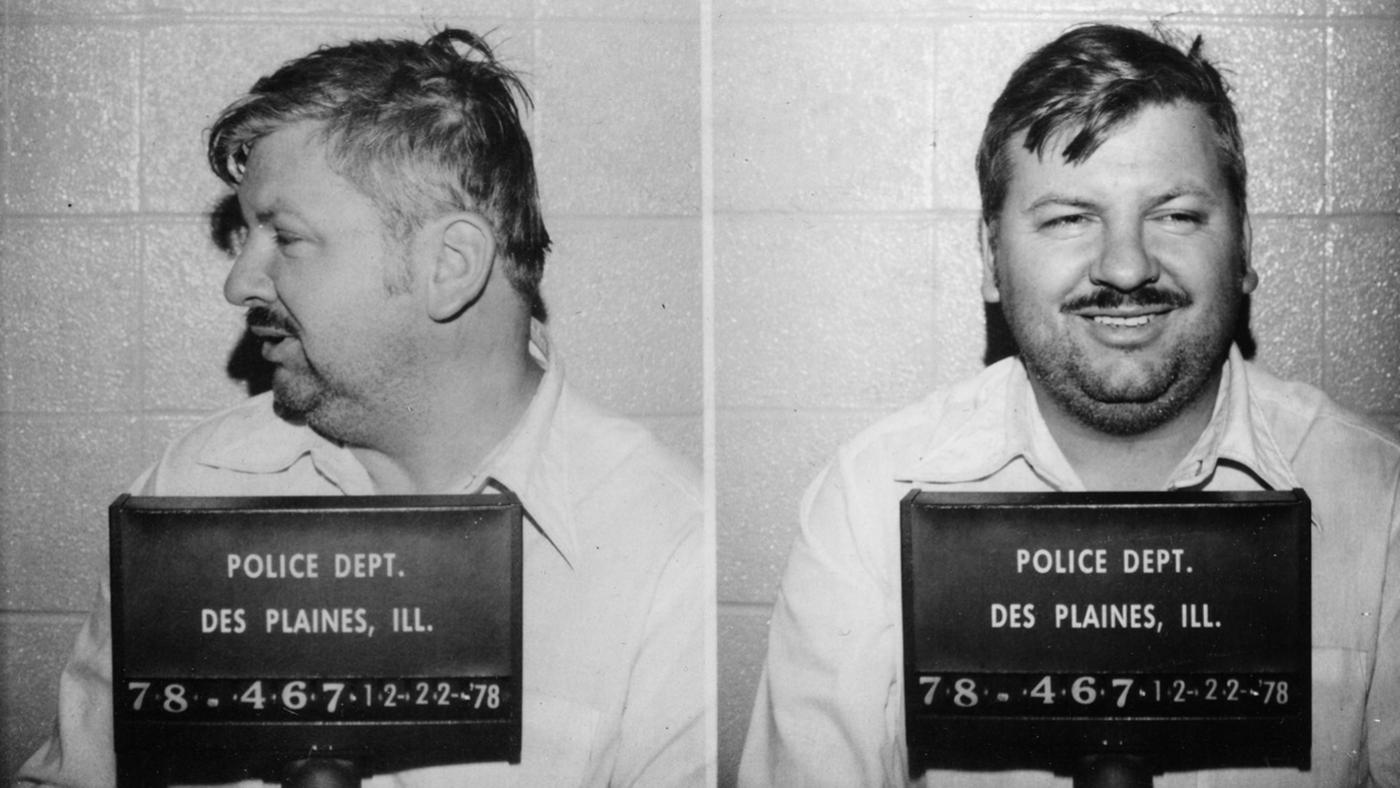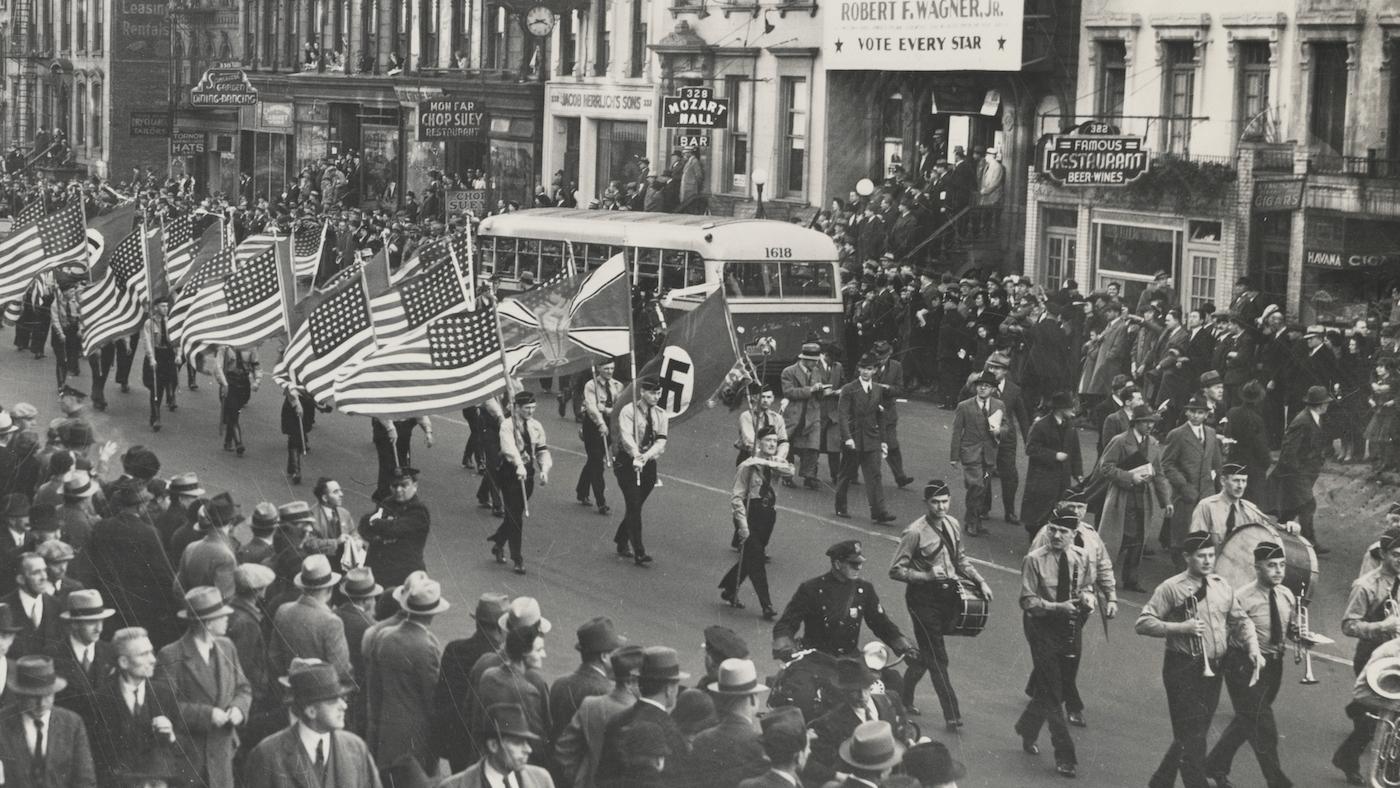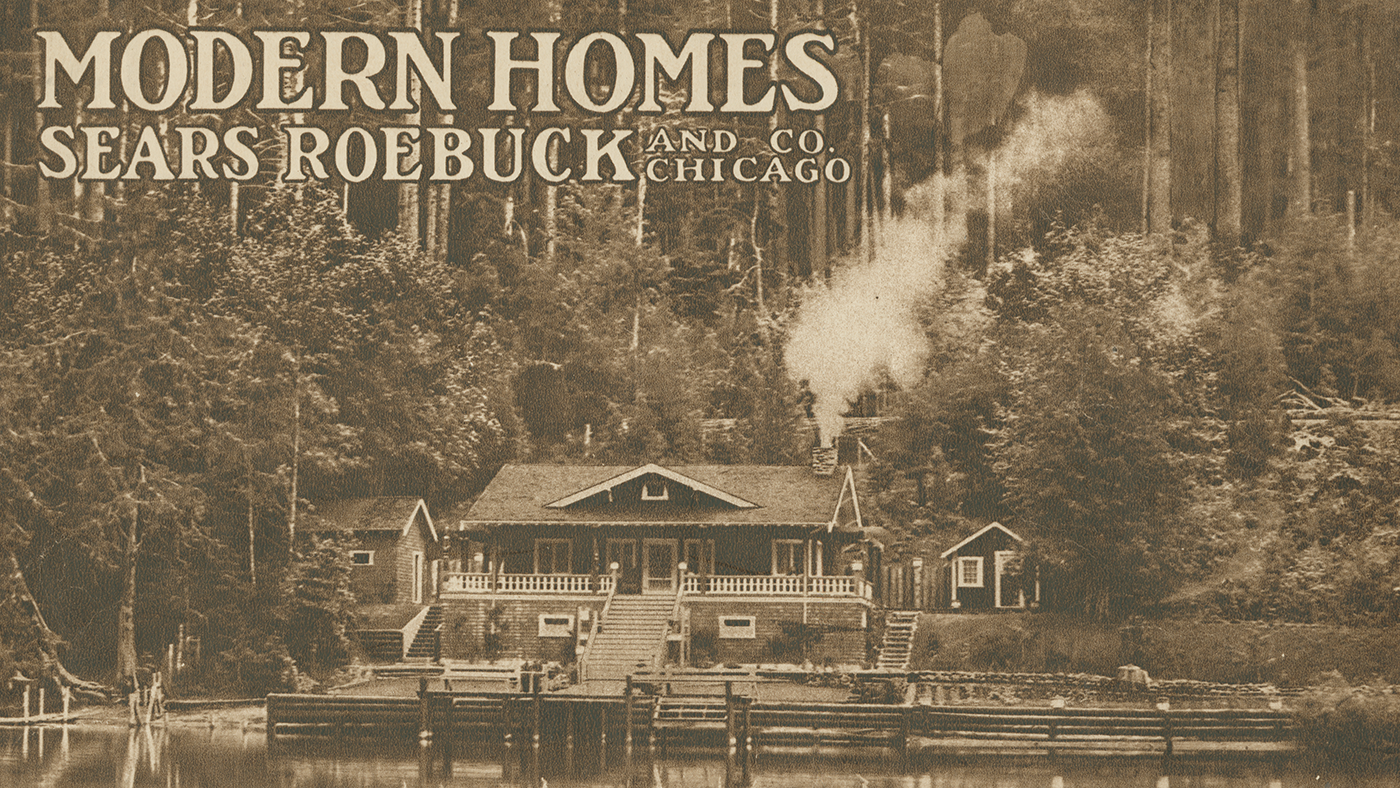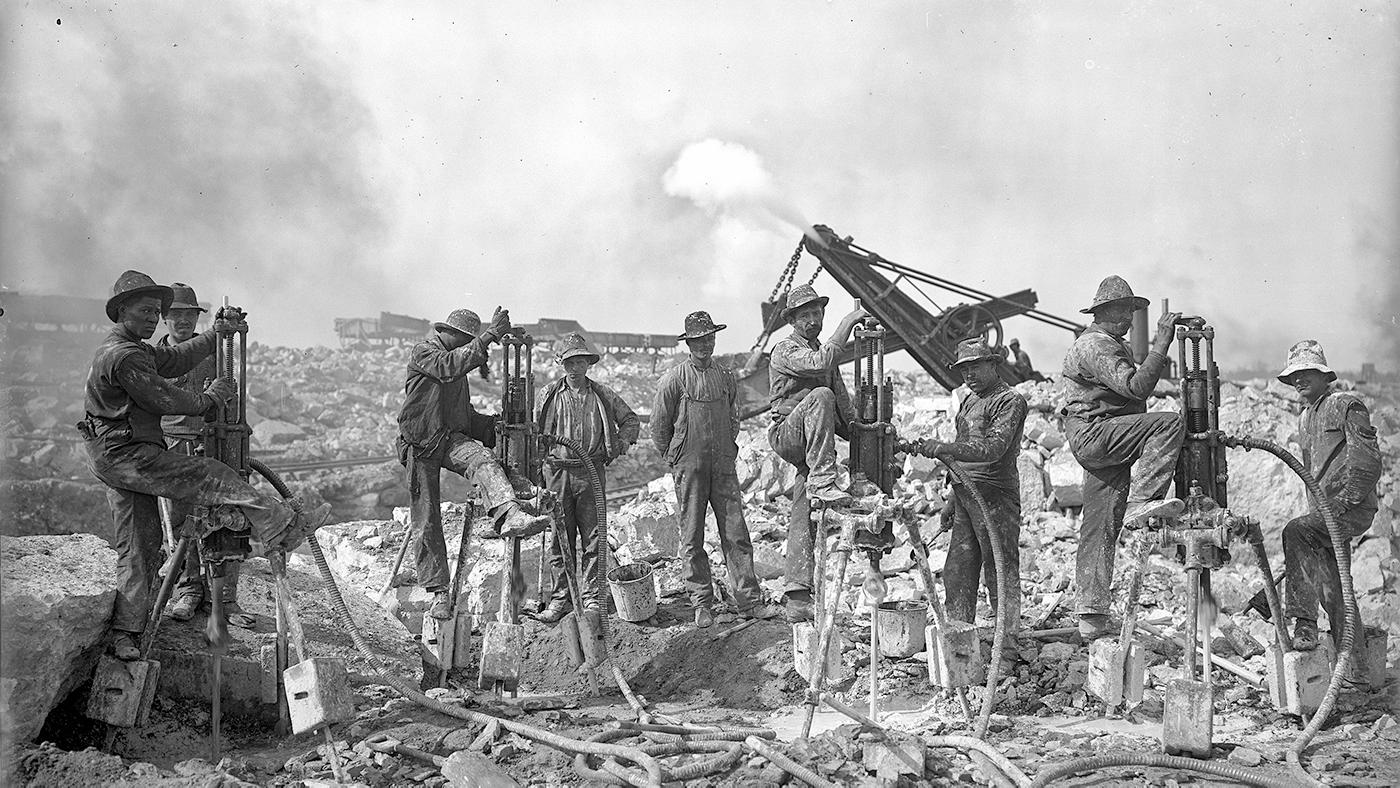Nine Pioneering Chicago Women Politicians
Daniel Hautzinger
March 4, 2024
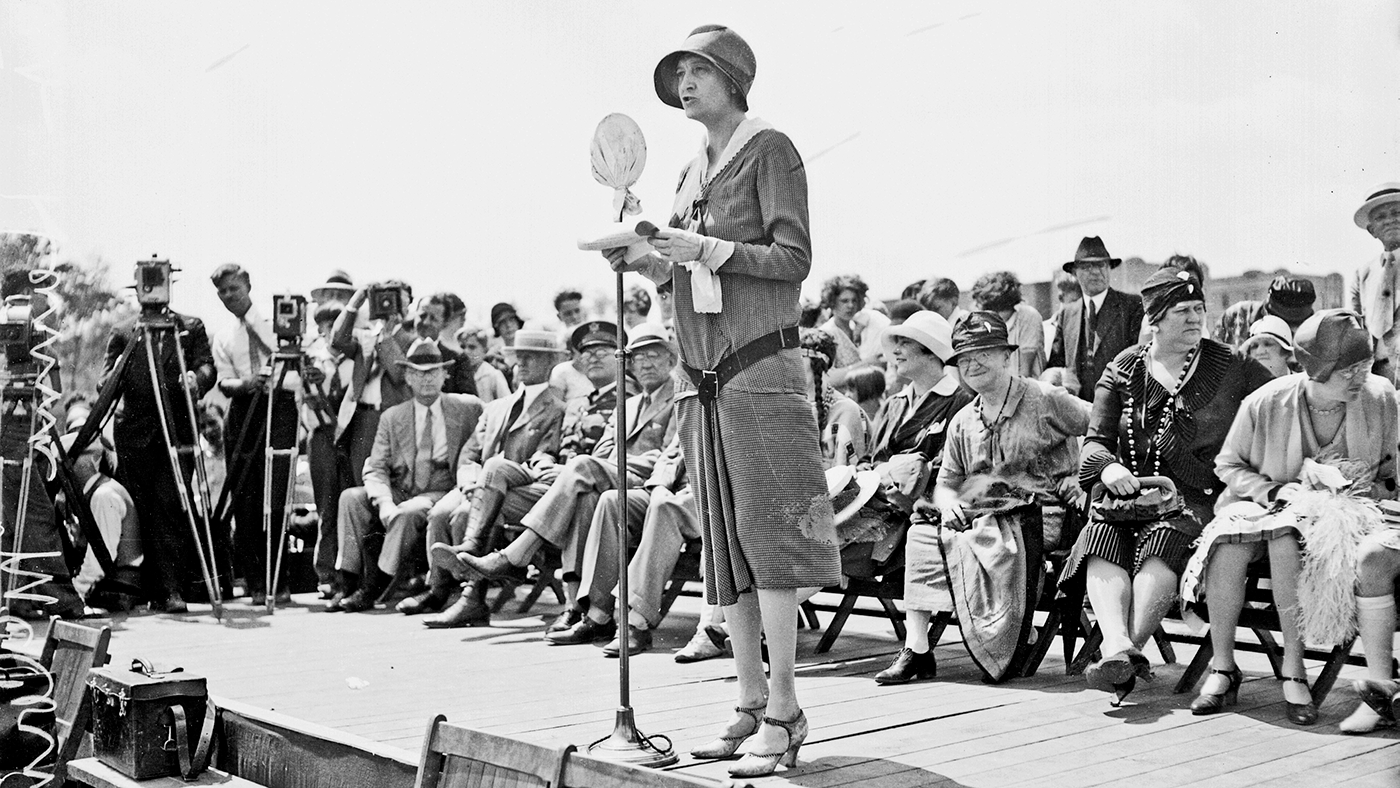
In honor of Women's History Month, which is observed in March, we're looking at some groundbreaking women politicians from Chicago. Despite their qualifications and convictions, it took powerful connections for many of them to win election, and many also only served one term – perhaps another illustration of the difficulty of winning election as a woman for much of the last century.
Winnifred S. Huck
Winnifred Sprague Mason Huck may have only served as a U.S. Representative for some fourteen weeks, but she was only the third woman elected to the U.S. Congress. After her father, William Mason, died while holding Illinois' now-defunct At-Large seat in the U.S. House in 1921, Winnifred ran in the special election to fill his seat and won. However, she lost the primary to run for the seat in the general election, as well as another primary to replace a different Illinois representative who died in office during her term. She became a journalist in Chicago after her short term, which was defined by her pacifism.
Lottie Holman O'Neill
Elected the same year as Winnifred S. Huck, 1922, Lottie Holman O'Neill was the first woman elected to Illinois' General Assembly, as a representative of suburban Downers Grove. Unlike many of the other women on this list, she served many, many terms, racking up 40 years between the House and Senate. She tried to become the country's first woman Senator in 1930 in an election that remarkably featured two women (the other was Ruth Hanna McCormick, featured below): O'Neill lost the Republican primary but ran as an independent who focused attacks on the Democratic McCormick. O'Neill died in 1967, the same year that Esther Saperstein became the first Democratic woman elected to the Illinois Senate.
Ruth Hanna McCormick
Ruth Hanna McCormick may have been close to three male politicians, but she had her own impressive political career. She worked for her father, who was a U.S. Senator for Ohio, as a young woman. She married Joseph Medill McCormick, whose two last names suggest his distinguished Chicago pedigree and connections to politics and the Chicago Tribune. He served in the Illinois House of Representatives before winning election to the U.S. House and then U.S. Senate, with his wife helping campaign and lobbying for women's suffrage alongside.
Medill McCormick lost the nomination for a second term as senator and committed suicide soon after. Hanna McCormick decided to run for office herself and won the same At-Large seat in the U.S. House that Winnifred S. Huck once held in 1928. She then sought to follow her late husband's trajectory by running for Senate against the man who defeated Medill McCormick – and won the primary against him. In the general election, she faced the man her husband had unseated for Senate – and lost. She would have been the first female U.S. Senator.
She remained involved in politics, marrying another congressman, publishing newspapers, and co-managing Thomas Dewey's 1940 presidential campaign.
Emily Taft Douglas
Like Huck and Hanna McCormick, Emily Taft Douglas served as Illinois' At-Large U.S. Representative and was related to a male politician. Unlike them, she beat her male relation to national office. The daughter of the sculptor Lorado Taft, she was born in Chicago and eventually became involved in politics. Her husband, Paul Douglas, won a seat on Chicago's City Council before losing in a run for U.S. Senate in 1942 and then enlisting in the Marines. While he was serving, Taft Douglas defeated an incumbent for the At-Large seat in 1944, becoming one of eleven women in Congress, then was herself defeated in 1946, when Republicans swept Congress. (She was a Democrat.)
Paul Douglas did finally win a run for Senate, thanks in part to Taft Douglas' campaigning, in 1948, and served three terms. Taft Douglas marched for civil rights with Martin Luther King, Jr. in Selma and served as a representative to UN conferences in later life.
Anna Langford and Marilou von Ferstel
When Anna Langford and Marilou von Ferstel née Hedlund became the first two female members of Chicago's City Council in 1971, a new restroom had to be built near the chambers for them, since there was only a men's room with a urinal. Langford was orphaned at a young age while von Ferstel was abandoned as an infant and adopted and raised in the Edgewater Beach Hotel. Langford was elected to represent Englewood in the 16th Ward and von Ferstel was elected in the 48th Ward. Both supported gay rights and equal pay for women, although Langford often battled Mayor Richard J. Daley while von Ferstel sided with him in her single term.
Cardiss Collins
Collins is another woman to run for office after the death of a male relation. Her husband, George Collins, was elected to the U.S. House of Representatives in 1970, after serving on the Chicago City Council. In both chambers, he replaced politicians who had died – an ominous sign. He himself was killed in 1972 in a plane crash that destroyed several homes near Midway Airport and killed 45 people. Cardiss won the special election to replace him in 1973, becoming the first Black congresswoman from Illinois and only the fourth in the country. She served until 1996, working on behalf of women's health throughout.
Jane Byrne
Not only was Jane Byrne Chicago's first female mayor; she was also the first woman to become mayor of a major U.S. city when she was elected in a surprise upset in 1979. A protégée of Richard J. Daley and a product of his Democratic machine, she turned around and ran as an anti-machine candidate against Daley's successor, Michael Bilandic. Her record in office was mixed, as she was seen to renege on her anti-corruption and other promises, and she was defeated by Harold Washington when she ran for re-election. But she brought the movie industry back to Chicago, inaugurated many festivals, controversially moved into Cabrini-Green for a time, and began the erosion of old power bases in the city.
Carol Moseley Braun
A Black attorney who served in Illinois' General Assembly before winning election as a U.S. Senator with the support of a Hyde Park base – we're not talking about Barack Obama, but Carol Moseley Braun, the first Black woman to be elected a U.S. Senator. Born in Chicago, she served as assistant majority leader in the Illinois House during her decade there before becoming Cook County Recorder of Deeds. In 1992, she challenged the incumbent U.S Senator out of anger over the treatment of Anita Hill during the confirmation hearings for Clarence Thomas to the U.S. Supreme Court (he voted to confirm Thomas) and won, then won the general election in the "year of the woman," during which a record four women were elected to the U.S. Senate. (One of them was the late Dianne Feinstein; Washington's Patty Murray is the only one still serving.) Moseley Braun lost her re-election bid after one term, then ran for president in 2004. That same year, Obama won her former Senate seat.

